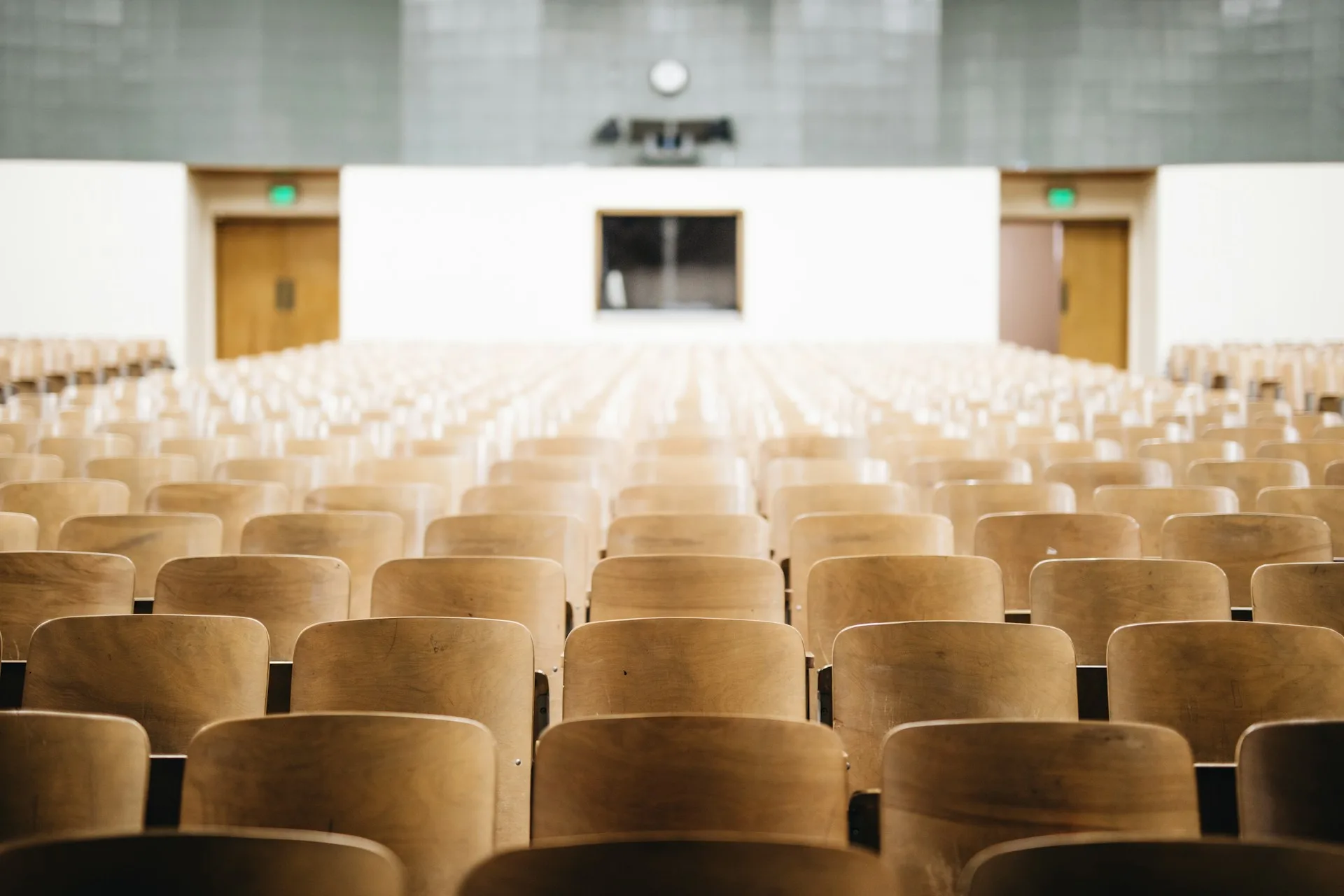The Ministry of Education and Science of Ukraine has submitted for public discussion the draft Law “On Amendments to Certain Laws of Ukraine on the Implementation of Specialised Secondary Education”. This document proposes significant amendments to the Laws of Ukraine “On Education” and “On Complete General Secondary Education”, which primarily concern the organisation and functioning of lyceums providing specialised secondary education.
Read also: 2 billion hryvnias for school meals: nearly 800,000 students will receive quality lunches
What the draft law is about
The draft law introduces a number of important clarifications to the terminology used in the education sector. In particular, it introduces the concept of a “model curriculum”. This is a document recommended by the Ministry of Education, developed on the basis of a state standard, which serves as a guide for educational institutions in developing their own curricula.
In addition, the very concept of “curriculum” is clarified with an emphasis on the learning outcomes to be achieved by students. The educational programme of an educational institution is defined as a comprehensive document containing all the components necessary for the successful acquisition of knowledge, skills, and abilities by students as defined by state standards.
Read also: High school reform: “Specialised” education in 2027
Opportunities and requirements for educational institutions
As for specialised secondary education, the draft law stipulates that educational institutions that provide it may also provide primary and basic secondary education. This means that lyceums can have a primary school and a gymnasium in their structure.
The requirements for lyceums are also being clarified. In particular, they relate to the number of students, the need for the lyceum to function as a separate legal entity, the availability of different study profiles, and the creation of a safe and inclusive educational environment.
The draft law details the types of assessment of student learning outcomes. These include formative, summative, semester, annual and state final assessment. At the same time, the choice of forms, content, and methods of assessment is left to teachers, which ensures a certain degree of autonomy for teachers in this matter.
An important part of the draft law is the establishment, reorganisation, and liquidation of educational institutions. The decision to establish lyceums is made by local governments — regional, city, town and village councils.
Clear requirements are set for lyceums to provide adequate conditions for learning. This includes the number of classes and students, the availability of different study profiles, the creation of an inclusive environment, the organisation of student transportation, Internet access and catering.
The reorganisation and liquidation of educational institutions, especially in rural areas, is possible only after a public discussion, which guarantees that public opinion is taken into account.
According to the draft law, lyceums are funded by their founders, who are to be distributed proportionally. Funds received from the use of property of liquidated educational institutions should be used to meet educational needs.
The draft law also contains transitional provisions. The Ministry of Education and Science is to develop a plan to create a network of specialised secondary education institutions by 1 September 2025.
Read also: Program “School Offline”: New Opportunities for Education During Martial Law
Powers of local councils
In addition, the draft law clarifies the powers of local councils in the field of education, sets requirements for higher education institutions to ensure that their education profiles correspond to accredited specialities. It also provides for the Cabinet of Ministers of Ukraine to bring its regulations in line with this law within six months of its entry into force.
Overall, the draft law is aimed at improving the system of specialised secondary education in Ukraine, ensuring its accessibility and quality, creating a more flexible and adapted system to the needs of students. This will contribute to their successful learning and further self-realisation.
Read also: The right to education in times of war: what challenges does the state face?



